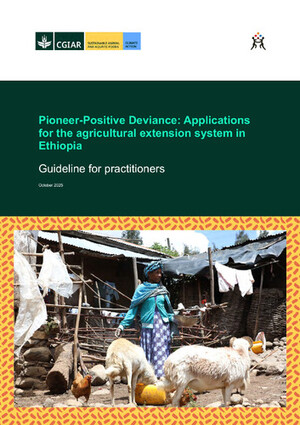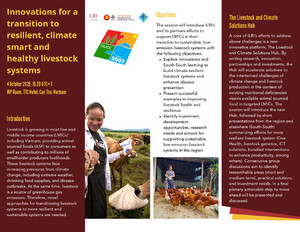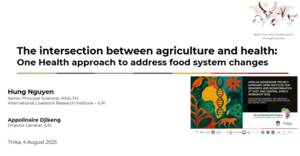
Factors affecting efficiency of cotton producers in rural Khorezm, Uzbekistan: Re-examining the role of knowledge indicators in technical efficiency improvement
Abstract
Few efficiency studies, to date, have been conducted for Central Asian countries. This article fills the gap in the literature by conducting a frontier efficiency analysis using survey data obtained from the cotton producing farms in North-western Uzbekistan. The results of the restricted stochastic frontier model, which follows a three-stage procedure, demonstrate the presence of technical inefficiency in cotton production. The findings illustrate that the results from the traditional frontier models, which use black box tools, lead to biased outcomes. The model displays that farmers' educational background, farm size, water availability, the application of manure, access to formal credit, Water User Association's services, farmers' participation in off-farm work and poor drainage systems, significantly contribute to input use efficiency. A quantile regression also shows that knowledge indicators play a significant role in improving farmers’ efficiency in cotton production. The impact of agricultural experience on technical efficiency is positive, but not significant, in the middle and higher efficiency percentiles. Interestingly, having a basic education is not sufficient in achieving higher efficiency, based on the results obtained. The findings suggest that the provision of agricultural training and the development of agricultural extension services will help farmers acquire new technologies and enhance their decision-making capabilities in farm production which subsequently improve resource use efficiency in cotton production.
Citation
Karimov, A.A. 2014. Factors affecting efficiency of cotton producers in rural Khorezm, Uzbekistan: Re-examining the role of knowledge indicators in technical efficiency improvement. Agricultural and Food Economics 2(7):1–16.










